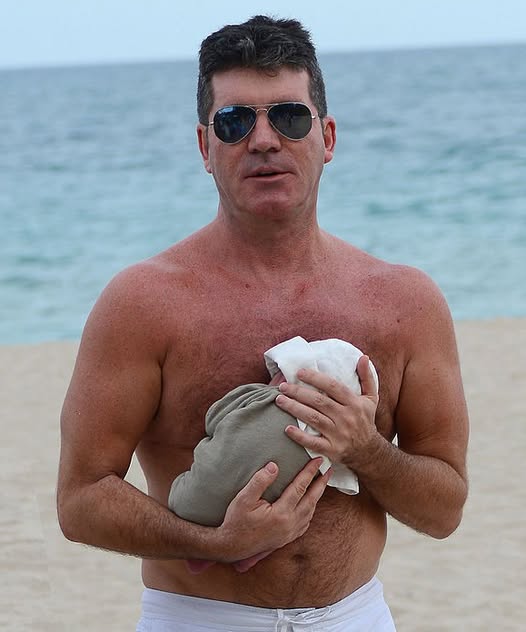Simon Cowell’s rise from a modest record company assistant to one of the most influential figures in global entertainment is a story of persistence, sharp instincts, and an unshakable belief in his vision. Known for his blunt, no-nonsense feedback on talent shows, Cowell has built a reputation that is equal parts feared and admired, transforming himself into a television icon whose name is recognized around the world.
His journey began after leaving school early, when his father helped him secure a job at EMI Records. Working as an assistant in the talent scouting department, he learned to identify raw potential and develop it into marketable success. Not every early venture was a triumph—two failed attempts at running his own music labels forced him to return home and reassess his path. That period of regrouping proved crucial. Soon after, he launched S Records, signing popular boy bands like 5ive and Westlife, and producing hit releases, including a 1995 chart-topping cover of “Unchained Melody.”
The turning point in his career came in 2001 when he partnered with Simon Fuller to create Pop Idol. As a judge, his unapologetically sharp critiques made him the show’s breakout personality, propelling it to massive success in the UK and inspiring the American version, American Idol. His catchphrase—“I don’t mean to be rude, but…”—became synonymous with honest, often brutal, industry feedback. From there, he expanded his influence by creating The X Factor and Britain’s Got Talent, formats that achieved global reach and cemented his reputation as a master of televised talent competitions.
Financial success followed quickly. By 2008, he was earning around $36 million a year, and by 2020 his annual income had climbed to $50 million. With an estimated net worth of $600 million, Cowell is among the wealthiest figures in entertainment. Yet his wealth has also fueled his generosity; during the COVID-19 pandemic, he donated $1.5 million to organizations like Feeding America and Feeding Britain.
Cowell has been candid about his use of cosmetic procedures, from Botox to a non-surgical facelift, even trying unconventional treatments like sheep placenta facials. However, after his son Eric admitted he didn’t like the change in his appearance, Cowell scaled back and adopted a simpler approach to skincare. Health challenges also shaped his later years—he suffered a fainting spell in 2017 due to low blood pressure and endured a broken back from a bike accident in 2020, requiring major surgery. Determined to recover, he committed to walking over 40 miles a week, regaining both his fitness and vitality.
Fatherhood brought another transformation. When his son Eric was born in 2014, Cowell initially felt unprepared for the responsibility, but quickly embraced the role, calling Eric “the most amazing thing that ever happened” to him. In a surprising decision, despite his immense fortune, Cowell has announced that he will not leave his wealth to his son. Instead, he intends to donate it to charity, encouraging Eric to create his own success and emphasizing the importance of independence and self-made achievement.
From music industry hopeful to media empire builder, Simon Cowell’s story is one of reinvention, ambition, and unwavering self-belief. Beyond his sharp words and television dominance, his commitment to philanthropy, resilience in the face of setbacks, and dedication to his family continue to define his enduring legacy in the world of entertainment.
